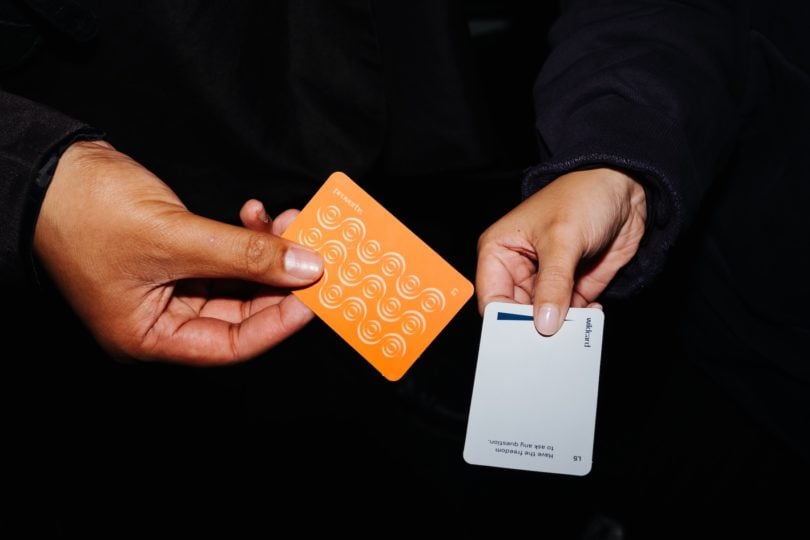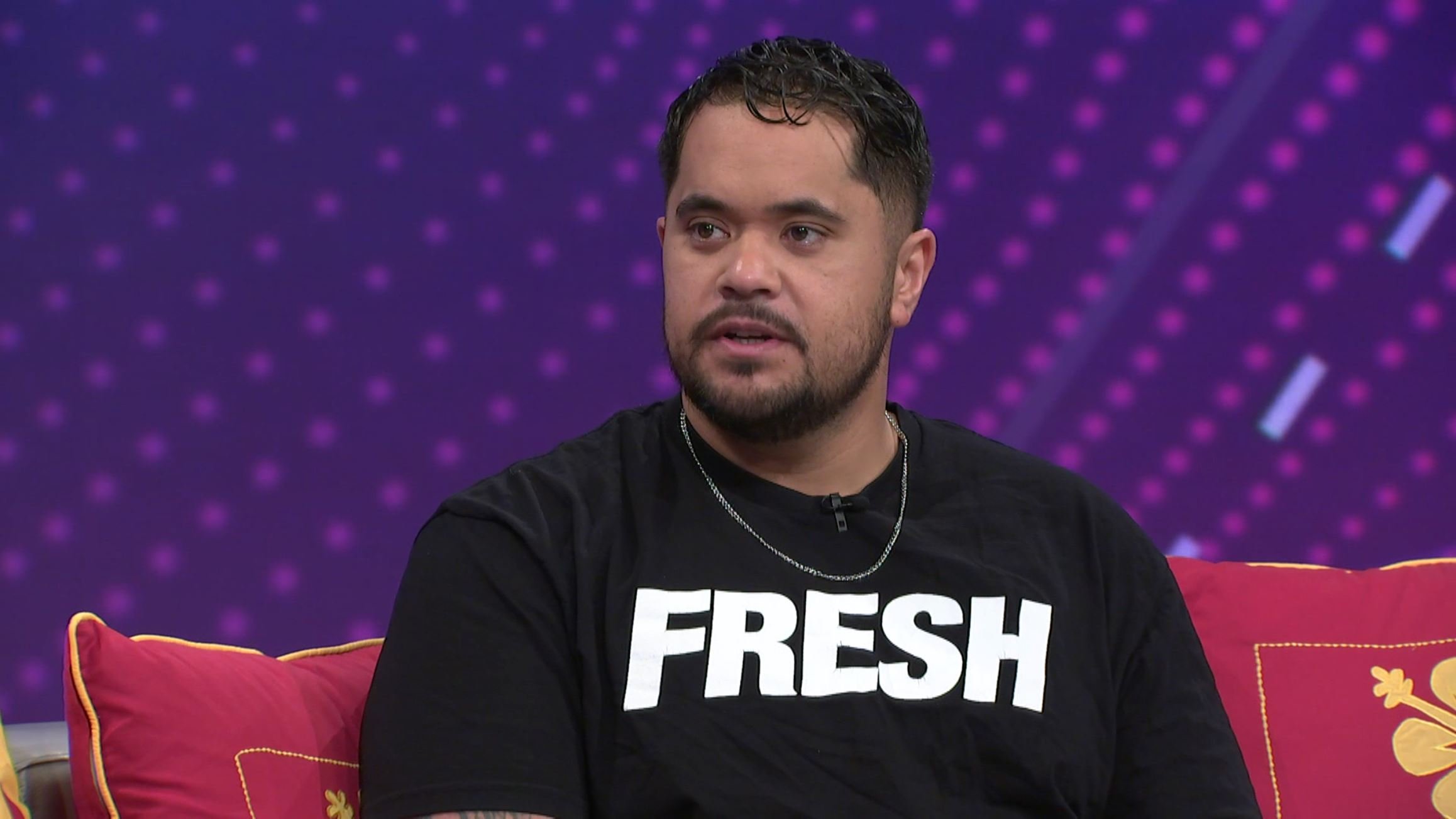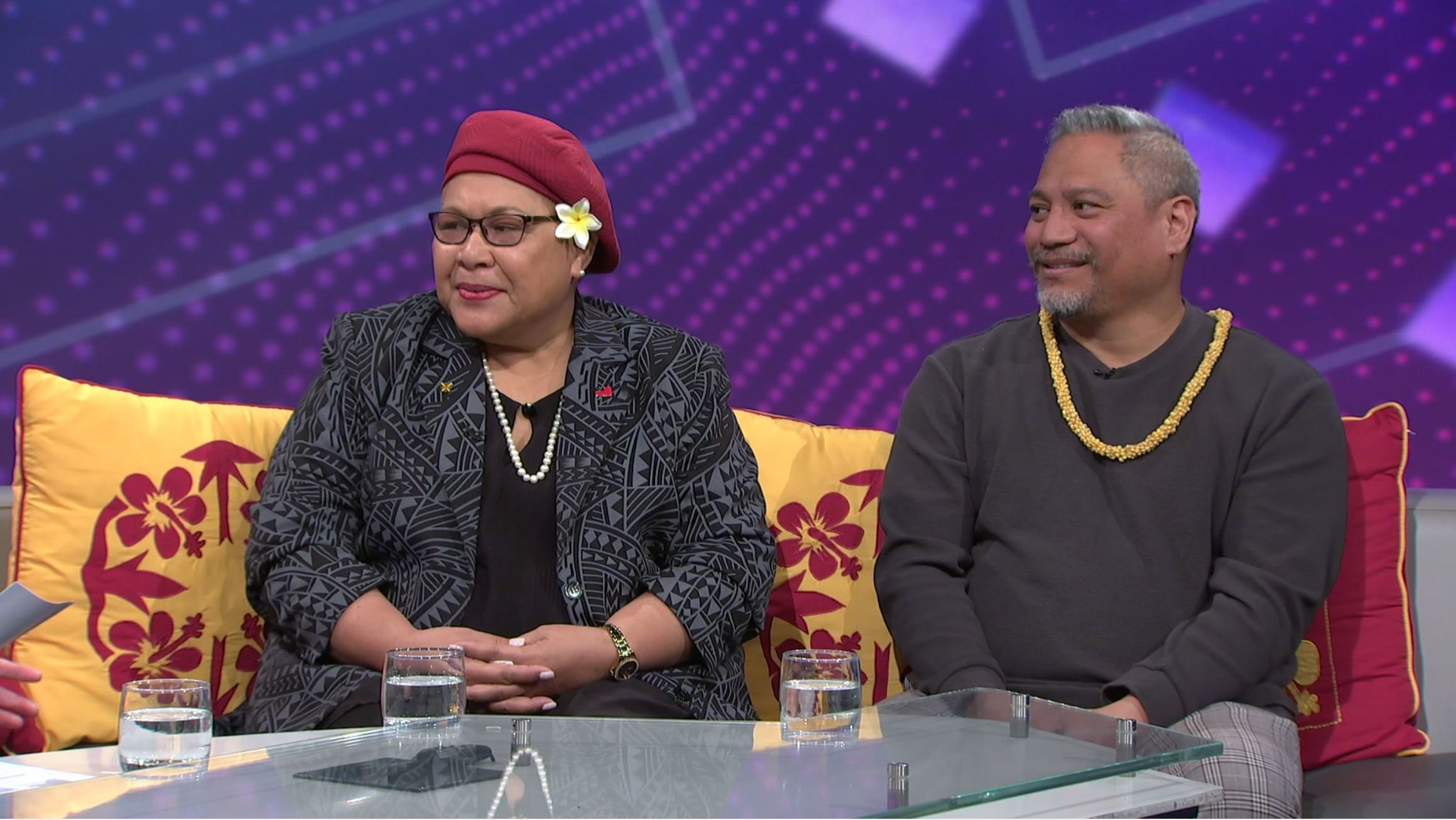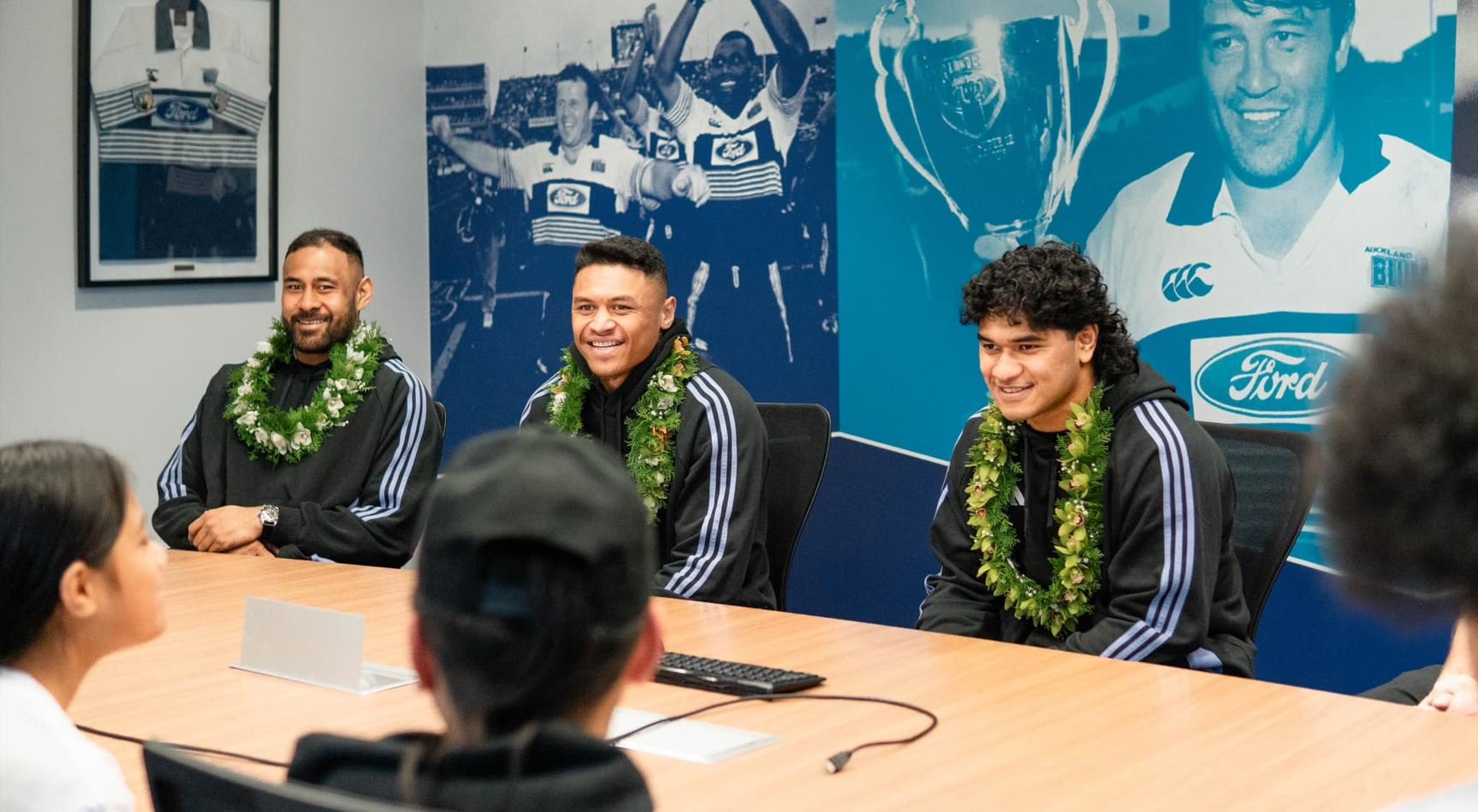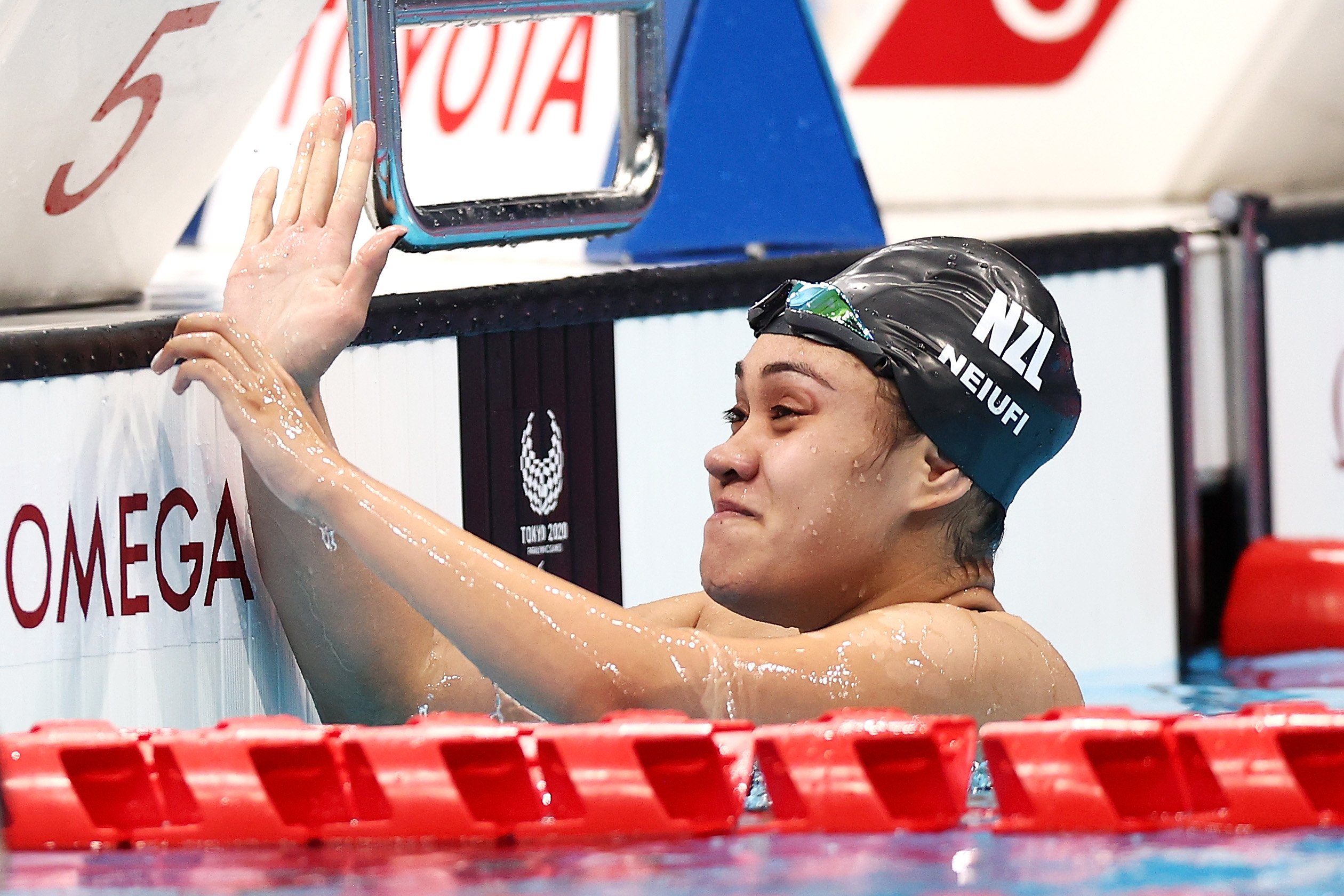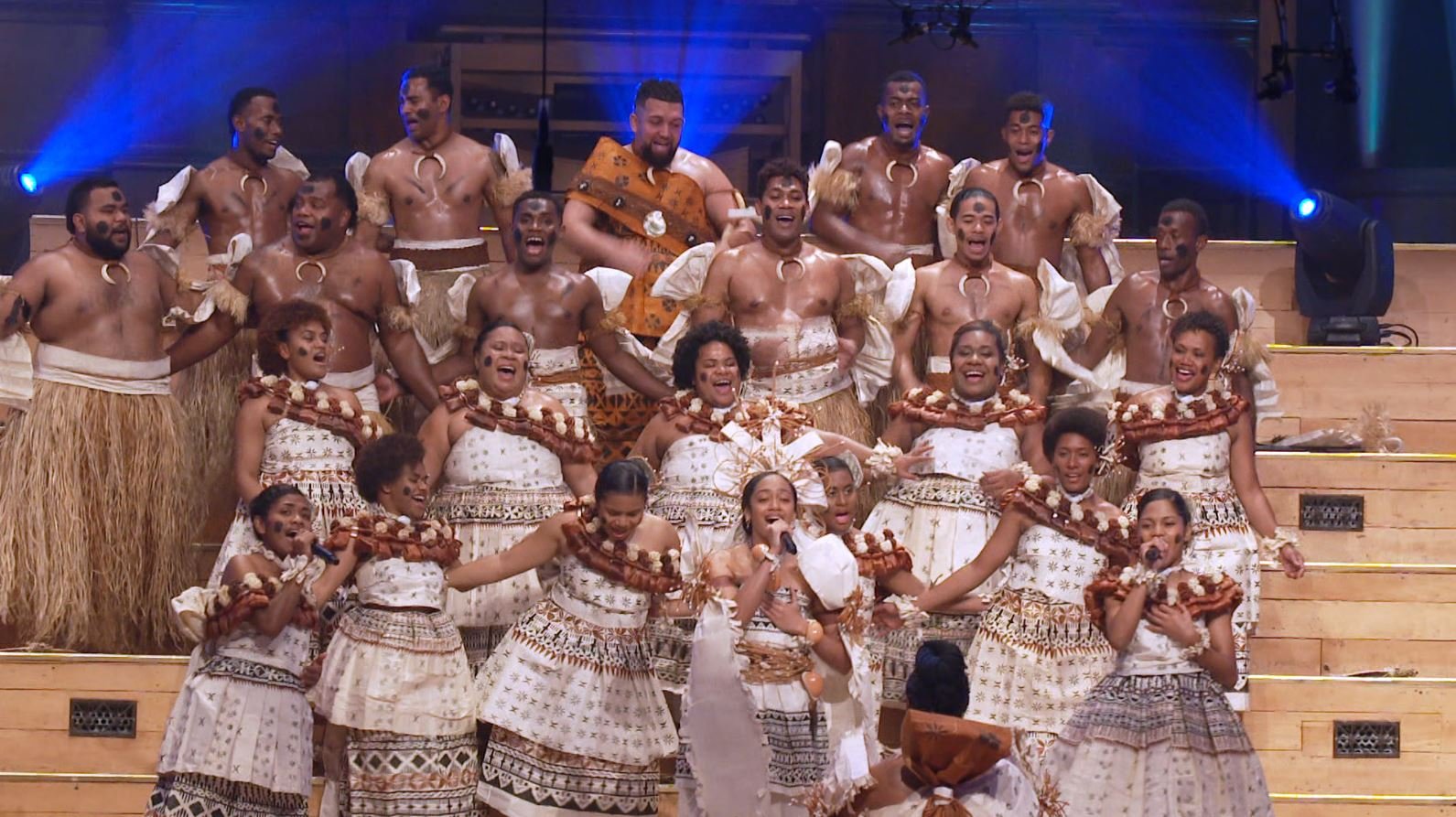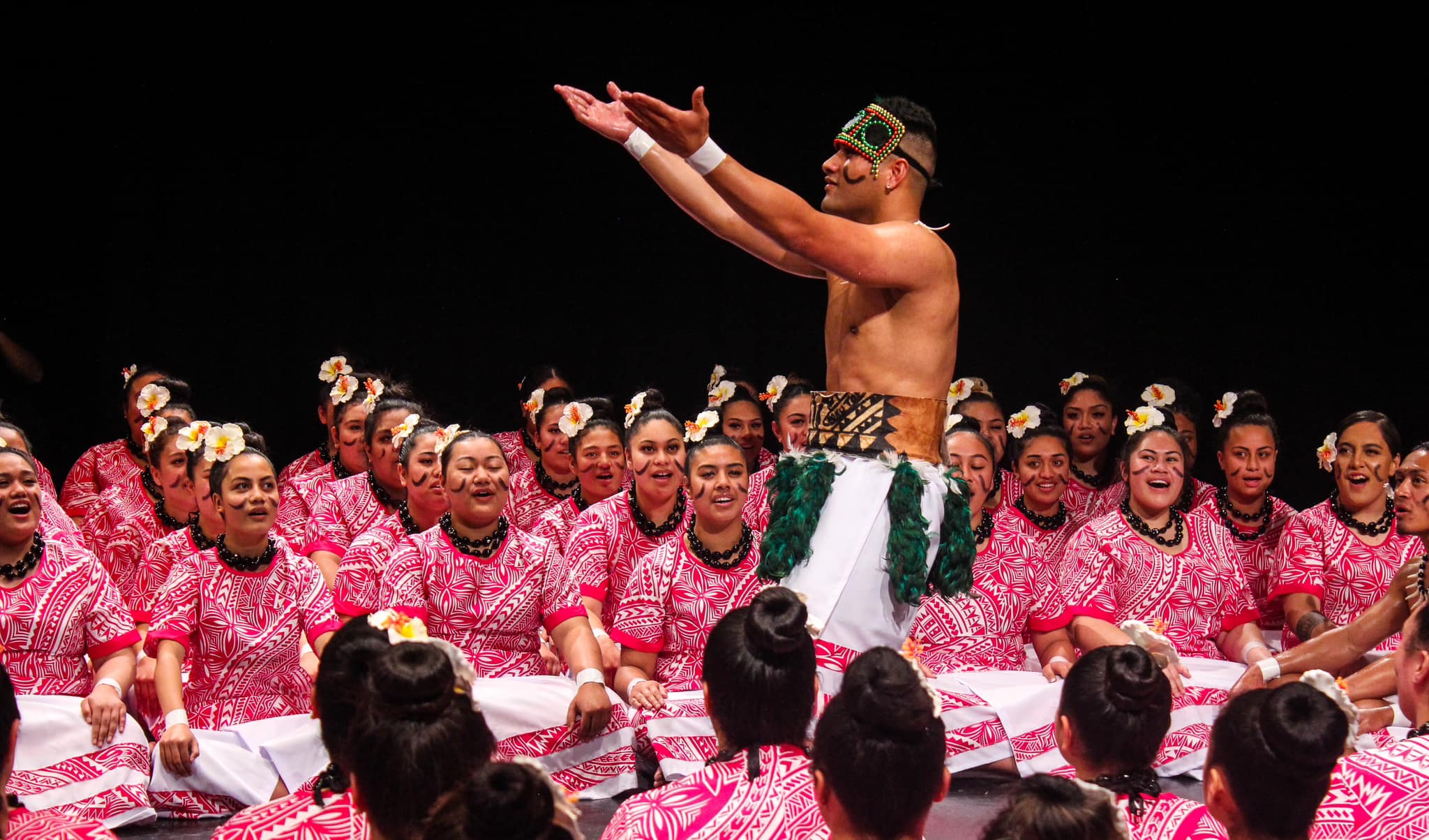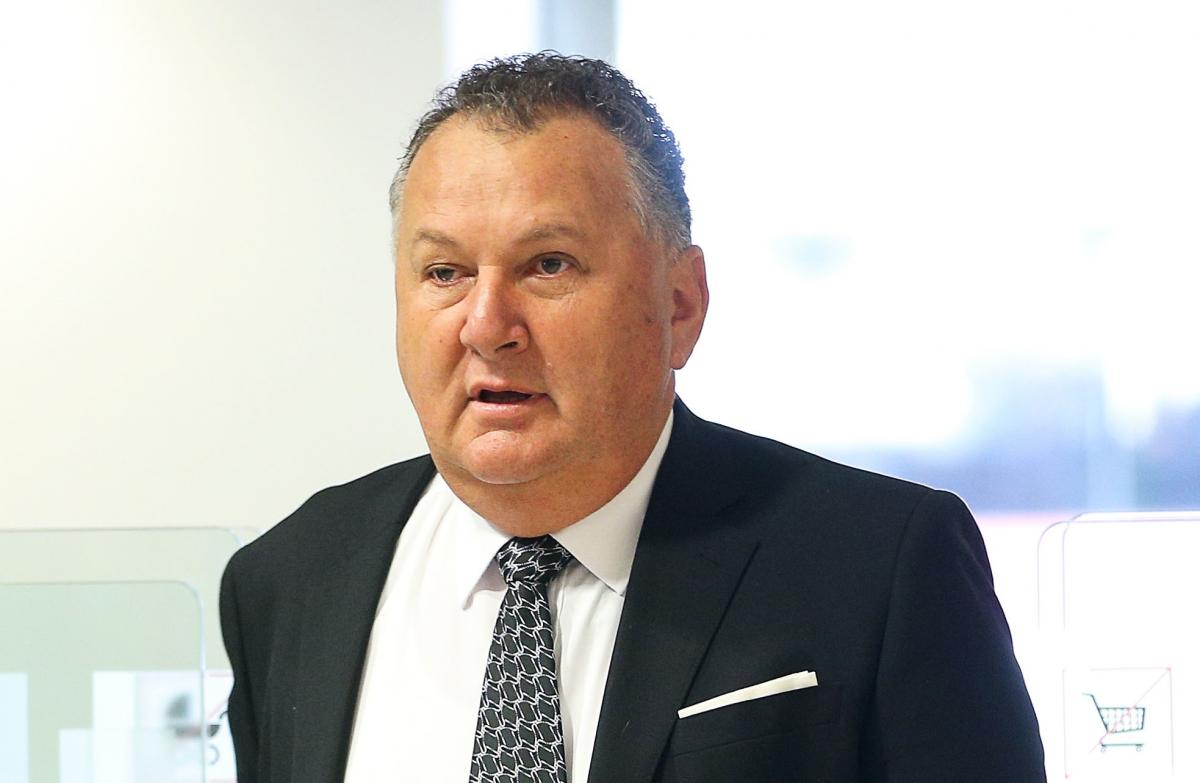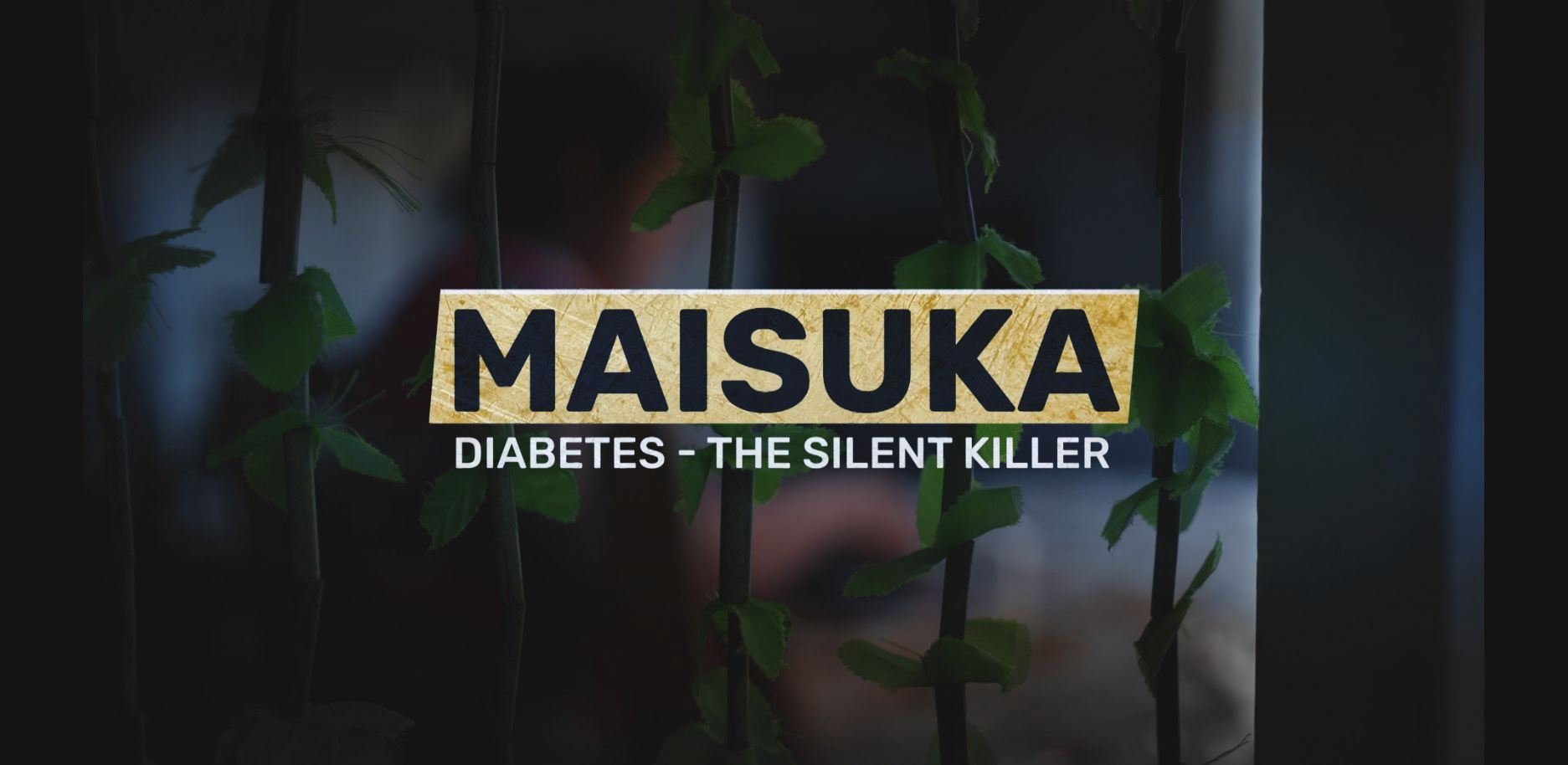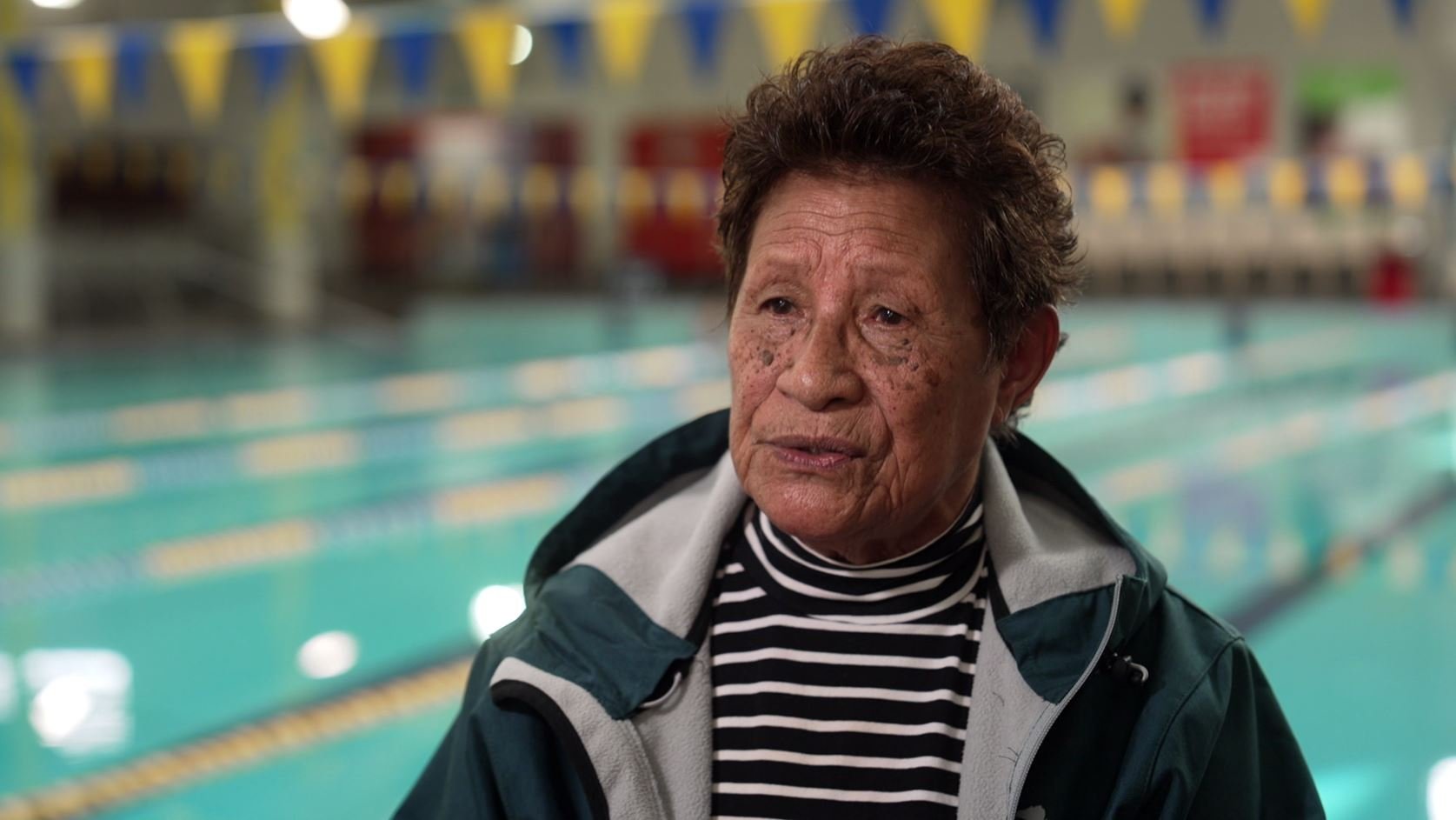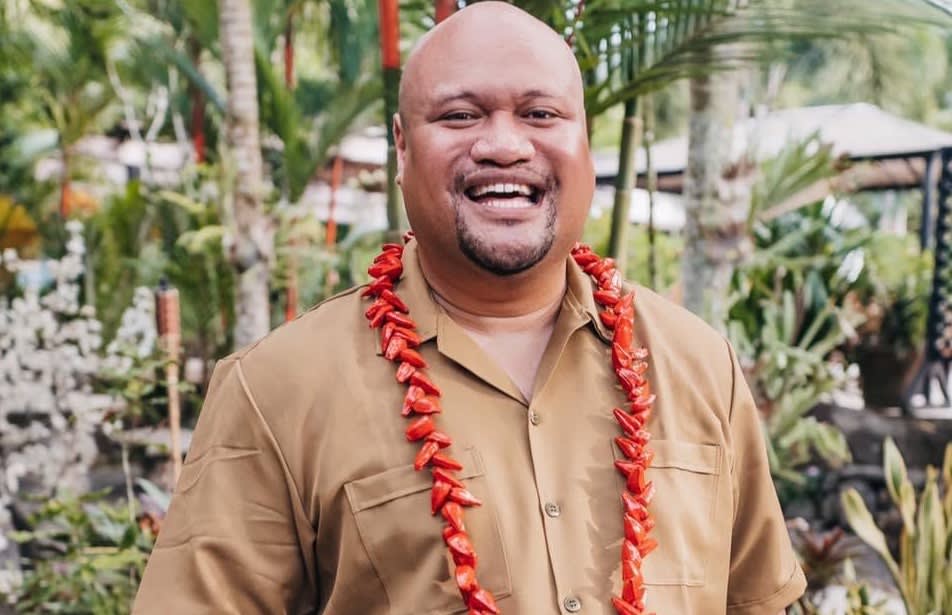Pacific peoples are generally least accepting of offensive language. The N-word is the most offensive term for them.
Participants in the Language That May Offend in Broadcasting survey were questioned on their general attitudes towards 31 words/phrases that may offend, as well as their views on the terms in different broadcasting contexts.
The terms included swear words, racial and gender-based terms and blasphemy (including some te reo Māori and Samoan terms). TV and radio audiences have a decreasing tolerance for racial and cultural insults, but attitudes towards blasphemy and terms using the F-word are softening, according to new research from the Broadcasting Standards Authority.
The findings form part of the latest BSA research tracking evolving public views on offensive language in broadcasting. The results are used by the BSA and broadcasters to help ensure programmes and BSA decisions reflect current community attitudes.
Key findings include:
- Compared with the last survey in 2018, there is less tolerance for racial and cultural insults. These dominate the top seven most unacceptable words across all broadcasting contexts
- The N-word is the least acceptable of all words tested, with 65% of those surveyed considering it totally unacceptable across all scenarios. The C-word (at 57%) is the second-equal least acceptable, along with a newly tested racial insult.
- Unacceptability has declined significantly since 2018 with respect to terms including the F-word and the results suggested a softening in attitudes towards blasphemy.
- Pacific peoples are generally least accepting of offensive language. The N-word is the most offensive term for them, as for all ethnicities. Racial and gender-based terms are the least acceptable to Māori.
- Younger people are generally more accepting of offensive language than those aged 55-plus. However, they have less tolerance for words relating to gender or sexual orientation than older age groups.
- The 65-plus age group generally finds offensive language less acceptable.
- Women find the use of potentially offensive words more unacceptable than men (No participants identified as another gender).
- Offensive language is seen as least acceptable in more fact-based broadcasting settings with a host/presenter, in sports commentary, talkback radio, reality TV shows, and programmes before 8.30pm.
- The use of potentially offensive language by stand-up comedians after 8.30pm, and in music and/or rap videos on TV or songs on the radio is seen as more acceptable than in other types of programming.
BSA Chief Executive Glen Scanlon says the findings provide a snapshot of current views on the language used in broadcasting and reflect the fact that community attitudes are constantly evolving.
“The community is clearly saying that it will not accept language which perpetuates racism.”
1,505 people aged 18+ were surveyed. The full survey report, including findings on the acceptability of 31 specific words and expressions across 12 different broadcasting contexts, can be seen on the BSA website here.












